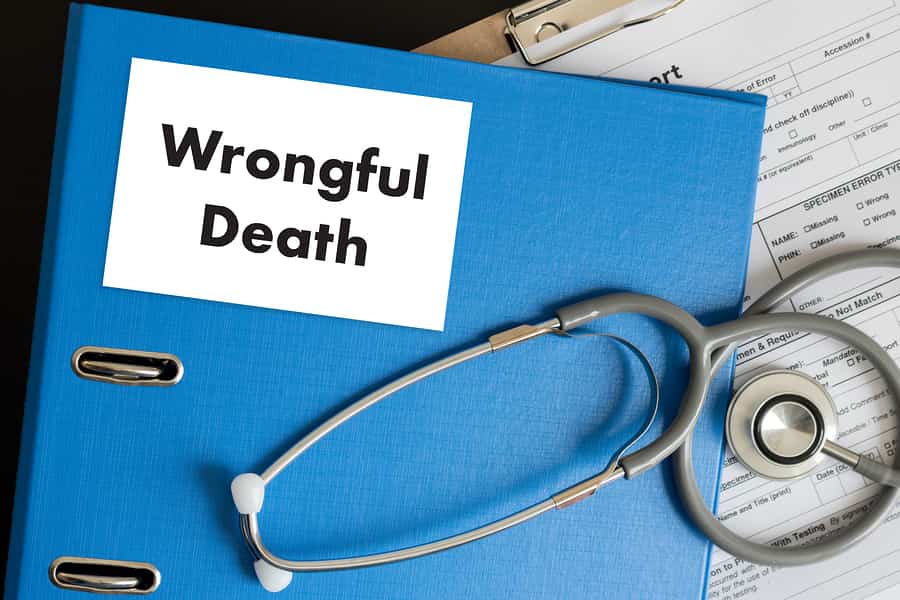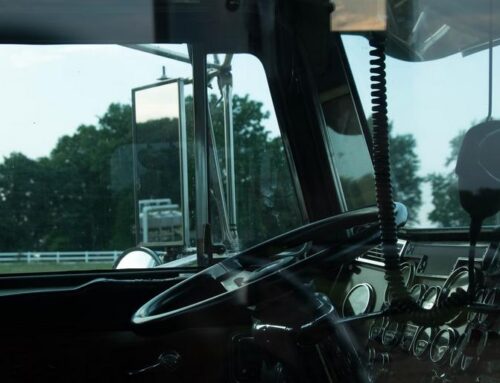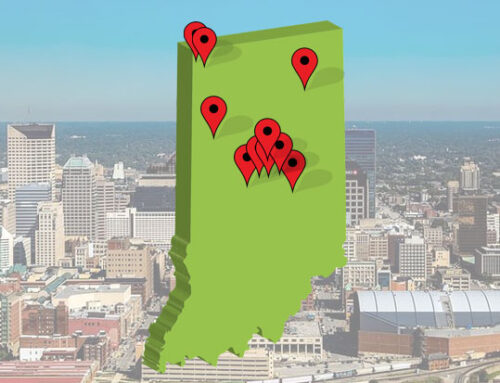They say that death and taxes are the only two certainties in life, but the Court of Appeals of Indiana has recently added to that list of foregone conclusions by finding that a beneficiary of a wrongful death action with no heirs may not continue to pursue survivor damages if the beneficiary dies himself/herself while the action is still pending. The case is called Horejs v. Milford, 104 N.E.2d 622 (Ind. App. 2018), and its holding is sure to make it more difficult to pursue wrongful death benefits for people here in the Hoosier state.
The appeal sought to clarify the Indiana Supreme Court’s ruling in a case called Bemenderfer v. Williams, 745 N.E.2d 212 (Ind. 2001). In that case, the Supreme Court found that the daughter and heir of a husband who had previously brought a wrongful death claim on behalf of his deceased wife but then died himself could still carry on the mother’s wrongful death claim as she stood to recover the survivor damages. In the Bemenderfer case the Court reasoned that “the wrongful death statute does not operate to preclude the statutory beneficiary who dies before judgment from recovering wrongful death damages.” Id at 215.
The factual difference between the Supreme Court’s decision in Bemenderfer and the case at hand is the lack of an identified heir to carry on the wrongful death action. While in Bemenderfer the daughter of the elderly couple who passed away was identified as an heir and thus fit the statutory scheme of a beneficiary under the Wrongful Death Statute, the Appellate Court in Horejs could not identify an heir[1] who could either carry on the action following the husband’s death or even benefit from maintaining a plea for survivor benefits if they were awarded. The court reasoned that because the husband died without a will or any heirs, any survivor damages he would have received under the statute for his wife’s death had he lived would pass instead to the state under a process known as escheatment. The Court stated that because the damages “would not compensate any party who suffered a pecuniary loss” as contemplated under the Wrongful Death statute, the payment of such damages would only serve as punishment against the Defendant.
Despite that the Plaintiff argued that this holding would assist negligent medical providers in avoiding accountability and would also give them an incentive to stretch out wrongful death cases as long as possible in hopes that the beneficiary of the action would pass, the Court of Appeals of Indiana found that a beneficiary of a wrongful death action with no heirs may not continue to pursue survivor damages if the beneficiary himself passes. The ruling does not affect the ability of the estate to pursue other benefits under the statute such as final-expense damages, medical expenses related to the decedent’s last illness or injury, funeral and burial expenses, and expenses of administering the estate as well as attorney’s fees.
If you or someone you know needs legal guidance regarding a wrongful death, we here at the Law Offices of William W. Hurst, LLC, are dedicated to fighting for your rights. Feel free to call us at 317-636-0808 or visit us online at for free consultation.
[1] A footnote in the case indicates that an heir who could have carried on the action was identified but not in time to be considered at the summary judgment hearing.





